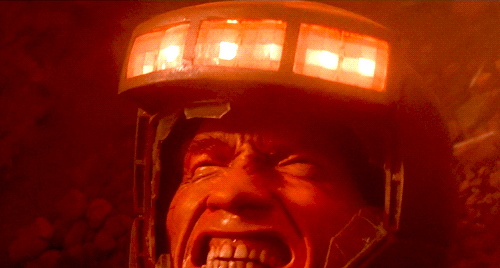Astronauts on deep space Mars missions might go mad before reaching the red planet
Still better than sitting on Earth

A trip to Mars may resemble a particularly poor and drawn out series of Celebrity Big Brother in which everyone goes mad and dies at the end of it, with researchers suggesting that one of the biggest hurdles in getting humans beyond our current low-earth orbit slump is maintaining the mental health of those who end up sitting in a small space tin with other travellers for years.
That's according to the US National Academies of Sciences, Engineering, and Medicine, which has been pondering the mental health difficulties astronauts would face in making the vast trip through empty space to Mars or beyond. There's a lot of sitting down in close proximity to other people, basically -- like spending nine months on a bus and when you arrive it's a featureless desert -- and that's pretty much everyone's worst nightmare.
The academy thinks practical things like radiation exposure and making sure there's enough toilet paper and biscuits are nothing compared with having to listen to other people talk and go to the toilet for what will seem like infinity when you're stuck up there with no escape.
Open your mind (but not too much)
"Two of the most critical issues are the radiation exposure beyond low Earth orbit and the psychosocial effects of confinement and isolation,” said study author Carol Scott-Conner, who warns that entire missions could be jeopardized not by hardware failures but by team members losing it.
Disrupted sleep, missing family, the lack of decent communications with home and the utter horror of not having a reliable Wi-Fi connection are all contributing factors, and when combined with doing a stressful and dangerous job with the whole world watching, for literally years on end, it could be enough to turn even the most stoic and emotionless of military careerists and scientists insane.
So maybe we should send criminals out to do the groundwork again. That's our reading-between-the-lines conclusion, not what the US National Academies of Sciences, Engineering, and Medicine recommends.
- It could have some bearing on Elon Musk's Mars colonization plans, too
Sign up for breaking news, reviews, opinion, top tech deals, and more.